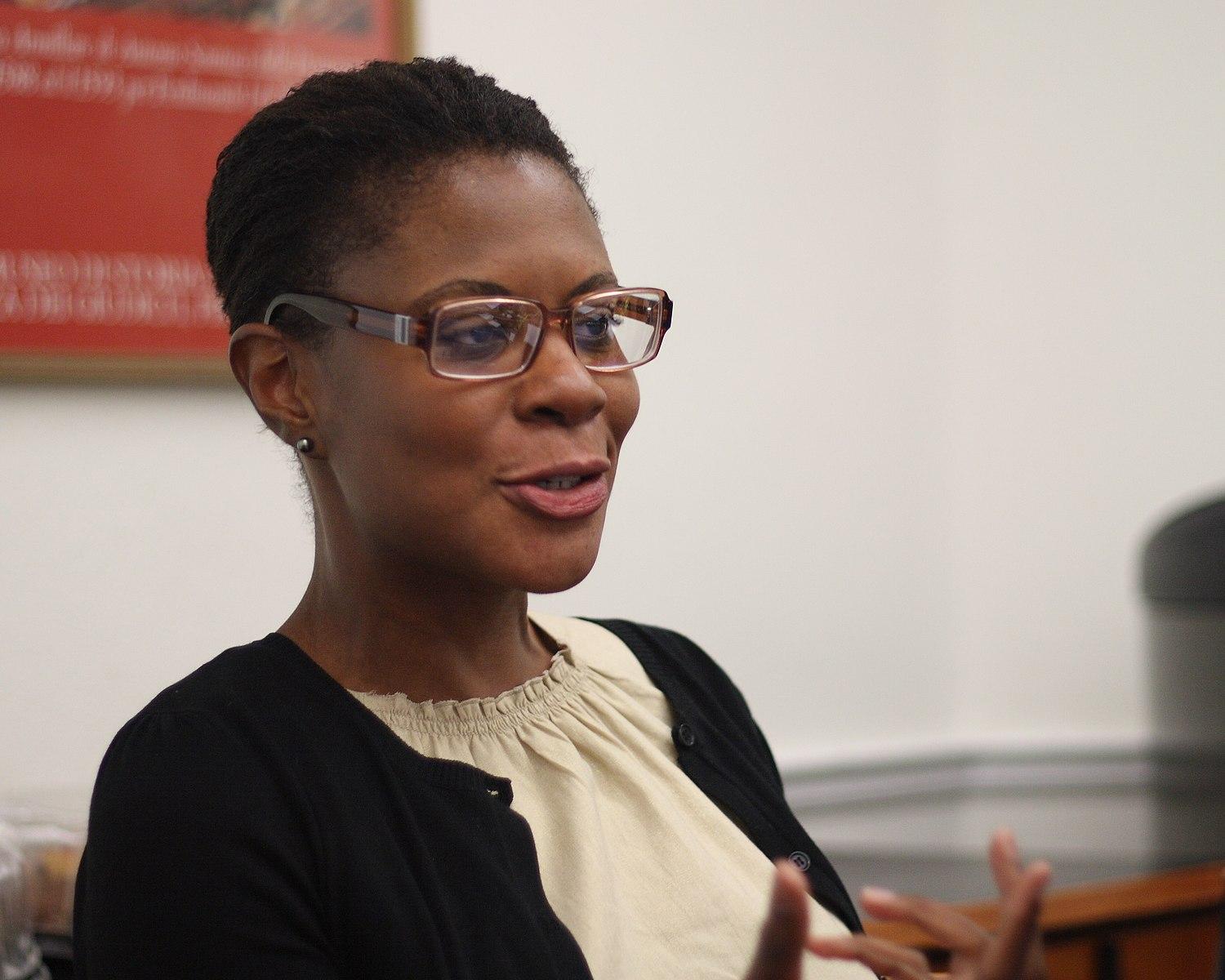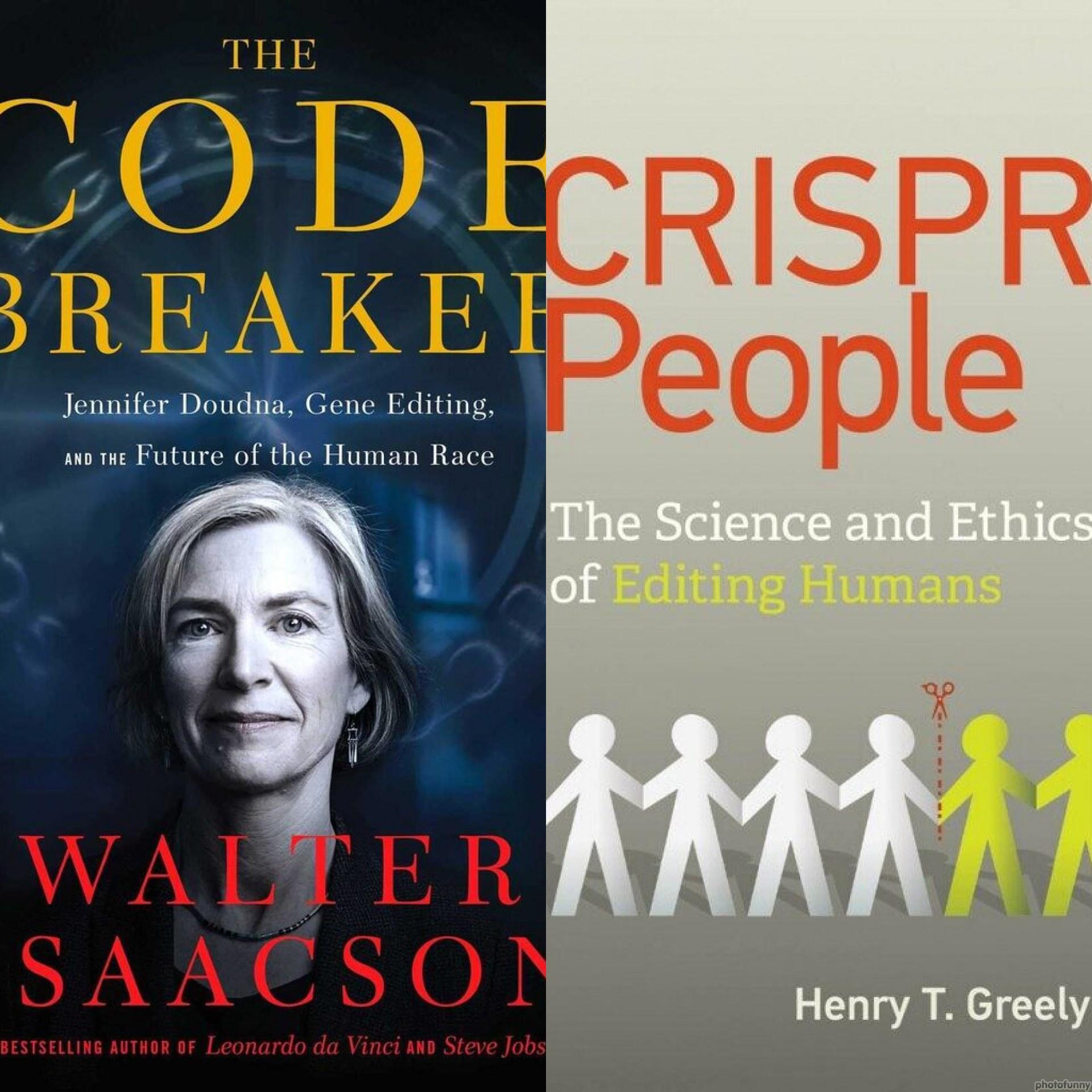Human Genetic Modification
Human genetic modification (or “gene editing”) can be used in two very different ways. Somatic genome editing changes the genes in a patient’s cells to treat a medical condition. A few gene therapies are approaching clinical use but remain extraordinarily expensive.
By contrast, heritable genome editing would change genes in eggs, sperm, or early embryos to try to control the traits of a future child. Such alterations would affect every cell of the resulting person and all subsequent generations.
For safety, ethical, and social reasons, heritable genome editing is widely considered unacceptable. It is prohibited in 70 countries and by a binding international treaty. Nevertheless, in 2018 one scientist announced the birth of twins whose embryos he had edited. This reckless experiment intensified debate between advocates of heritable genome editing and those concerned it could exacerbate inequality and lead to a new, market-based eugenics.
Genome editing is a way of making changes to specific parts of a genome. Scientists have been able to alter DNA...
Public and policy conversations about heritable human genome editing often leave the impression that rules governing it are few and...
Published March 31, 2023
The third panel in CGS' Missing Voices Initiative webinar series, this roundtable conversation explored the perilous prospect of reproductive uses of human genome editing from the perspective of feminist and reproductive justice scholars and advocates. Their intersectional analyses illuminated concerns related to eugenics and the rapidly expanding global fertility industry. Speakers were Kavita Ramdas, Alana Cattapan, and Amrita Pande, and the panel was moderated by Susan Berke Fogel.
Find more information about the panel's speakers here: https://www.geneticsandsociety.org/in...
Learn more about CGS' Missing Voices Initiative here: https://www.geneticsandsociety.org/in...
Published March 2, 2023
This two-part online CGS event centers social justice and human rights, presenting voices and perspectives from feminist, disability rights, reproductive rights and justice, racial justice, environmental, and human rights movements and scholars, who question whether heritable genome editing has any place in a fair and inclusive future. Day 2 of the symposium includes two panels: "Missing voices speak out," featuring Larkin Taylor Parker, Abril Saldaña, Dana Perls, and Nourbese Flint, and moderated by Emily Galpern; and "Genetic justice beyond the summit," featuring Isabelle Bartram, Maria Ní Flatharta, Milton Reynolds, and Katie Hasson.
This two-part online CGS event centers social justice and human rights, presenting voices and perspectives from feminist, disability rights, reproductive rights and justice, racial justice, environmental, and human rights movements and scholars, who question whether heritable genome editing has any place in a fair and inclusive future. Part one took place on February 27, 2023 and features CGS Executive Director Marcy Darnovsky discussing history and context of the Summit process, followed by Dorothy Roberts, Rosemarie Garland-Thomson, George Annas and Silvia Yee (moderator) in conversation to discuss the social justice case against heritable genome editing.
View a recording of the February 25, 2021 event sponsored by the San Francisco Asian Art Museum:
With film clips and discussion, this DEAI series workshop explores a dangerous idea that has threatened the American Dream from the beginning: the belief that some groups and individuals are inherently superior to others and more deserving of fundamental rights. View excerpts from the 2018 documentary “A Dangerous Idea,” which reveals how biologically determined politics has disenfranchised women and people of color and provided a rationale for state-sanctioned crimes committed against America’s most vulnerable citizens, and discuss the meaning, use, and misuse of gene science. With UC Berkeley bioethicist and Center for Genetics and Society senior fellow Osagie K. Obasogie, Marcy Darnovsky, executive director at the Center for Genetics and Society, and “A Dangerous Idea” filmmaker Stephanie Welch. Moderated by Milton Reynolds.
On January 29, 2020, Marcy Darnovsky spoke to an audience of 600 in Santa Barbara at TEDxLagunaBlanca. Her talk was titled, “Use Gene Editing to Treat Patients, Not Design Babies.”
Rosemarie Garland-Thompson discusses "Biomedical Ethics and the Existential Threat to Persons with Disabilities" at the Columbia Center for Clinical Medical Ethics at the Department of Medicine, Columbia University Irving Medical Center.





